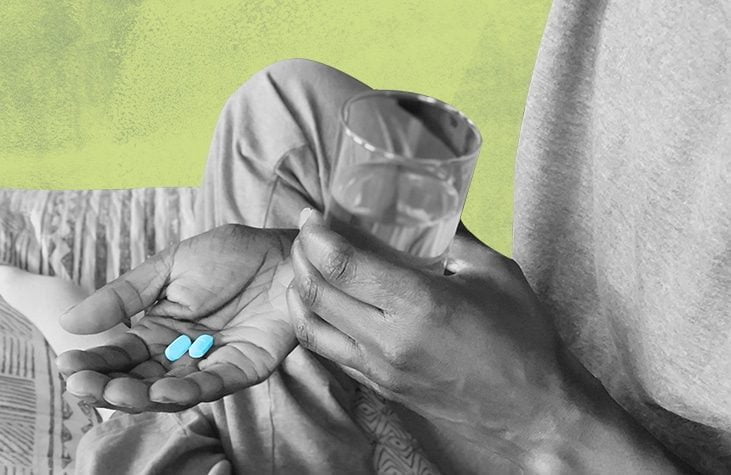Herpes is triggered by the herpes simplex virus (HSV). Genital herpes can produce painful and uncomfortable sores or blisters around the mouth or genital area. Managing HSV can be a stressful and difficult experience. Fortunately, there are several effective treatments available for genital herpes.
Wondering how you can treat genital herpes? Is the treatment approach different for men and women? Read on to discover effective ways to manage genital herpes.
Herpes Treatment Options
While there is currently no cure for herpes, various treatments and medications can help manage outbreaks and alleviate the intense pain caused by herpes-induced sores. Doctors typically prescribe antiviral drugs to those with HSV infections. Although antiviral therapy doesn’t eradicate HSV, it can significantly ease discomfort.
Effective Treatments for Genital Herpes
There are several options, including prescription medications, over-the-counter (OTC) drugs, and home remedies to address herpes symptoms. For less severe cases, topical treatments for herpes are also available. However, treatment plans may differ based on the type and severity of your infection.
Treatment for Severe Genital Herpes Cases
Here are three commonly used herpes medications to treat genital herpes: acyclovir (Zovirax), famciclovir (Famvir), and valacyclovir (Valtrex). For severe cases, doctors may prescribe IV-administered acyclovir.
Managing Recurring Genital Herpes
If you are diagnosed with genital herpes and exhibit symptoms like sores, your doctor will typically recommend a short course of antiviral therapy (seven to 10 days). Initial treatment is essential to address and prevent worsening symptoms. If sores do not improve within this period, your doctor might extend the medication duration.
The first treatment option is intermittent therapy. This involves keeping antiviral medication on hand to take for two to five days if another outbreak occurs. While sores will eventually heal on their own, medications can reduce the severity of symptoms and speed up recovery.
The second option is suppressive therapy, designed to prevent recurring outbreaks. If you experience frequent outbreaks, you might consider taking daily antiviral medication available at OTC pharmacies. Suppressive therapy can reduce the number of yearly outbreaks by 70 to 80 percent. Daily suppressive medication also lowers the risk of transmitting the virus to sexual partners.
Treatment Considerations for Women
Antiviral medication is the most common treatment for genital herpes in women. It can slow the virus’s growth and reduce the chance of infection spread. This treatment is crucial for women, who are more susceptible to contracting the virus, to minimize and halt its transmission.
Treatment Considerations for Men
Men can also benefit from antiviral medications to manage virus development. Additionally, doctors might recommend pain relievers like ibuprofen for discomfort. An alternative is to use an ice pack wrapped in a clean towel to reduce swelling and inflammation during outbreaks.
